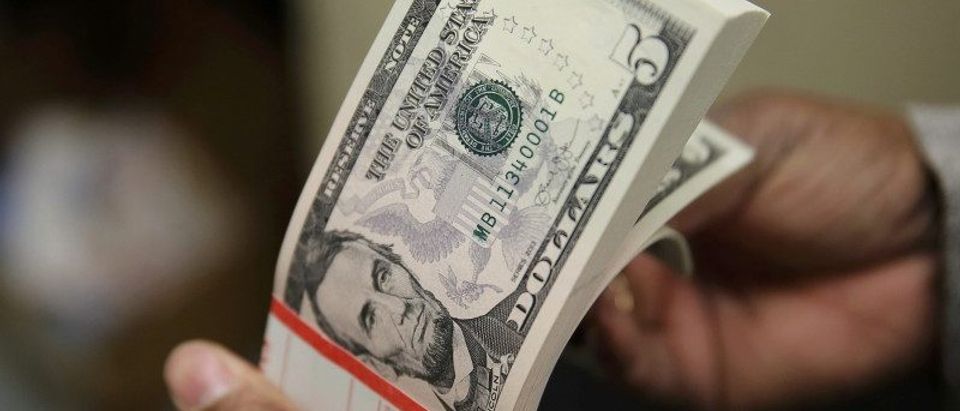Over a century ago, politician Simon Cameron famously quipped, “An honest politician is one who, when he is bought, will stay bought.” He could have been referring to congressional efforts to impose price controls on credit card transaction fees.
Senator Dick Durbin (D-IL) is the author of the infamous amendment bearing his name to the Dodd-Frank financial reform bill. The stated purpose of the amendment to assist Fortune 500 retailers who complained about the costs of processing debit and credit cards. From the Senate floor, no less, Durbin recalled how the CEO of Walgreens convinced him to offer the amendment.
“I had the CEO of Walgreens contact me last week,” Durbin said. [H]e told me that …it turns out the fees that Walgreens pays to credit card companies is the fourth largest item of cost for their business.” Durbin offered an amendment designed to establish government price controls on those transaction fees. The amendment passed and there is now a mountain of evidence that the amendment harmed consumers.
In the preceding six years, after the Federal Reserve capped interchange fees, free checking for consumers began to disappear, as banks looked to their customers to make up for the revenue shortfall. Likewise, popular credit card incentive programs became leaner and less generous.
But like the politician Simon Cameron referred to, Durbin refuses to budge. In a recent column in The Hill, he bemoaned the profits of the “big banks” and said efforts of eliminate the price setting measure would be a gut punch to “Main Street merchants.” Keep in mind, the companies lobbying to keep the price controls in place include corporate behemoths like Wal-Mart, Walgreens and other multi-billion dollar corporations. So much for the “Main Street merchants.”
Either way, the long and sordid history of government price control efforts is well documented. Politicians have attempted to set prices on food, clothing, oil, gas, and even rent and in every case, the result has been a distortion of the marketplace that benefits the few while hurting the masses. The Durbin amendment is no exception. Big merchants saw their fees lowered while consumers bore the brunt of the costs.
House Financial Services Committee Chairman Jeb Hensarling (R-TX) is planning a major effort to reform the Dodd-Frank legislation and repeal of the Durbin amendment should be included in any such effort.
Dodd Frank has been a burden on job creation and prosperity. A recent report found that the law imposed more than $36 billion in costs on the economy and have created 73 million paperwork hours, costing the average household $310 a year. If America is going to get back on its economic feet, Congress and President Trump must work together to reduce red-tape, job-killing regulations and crony capitalism. Reforming Dodd-Frank and repealing the Durbin amendment would be a great start.


